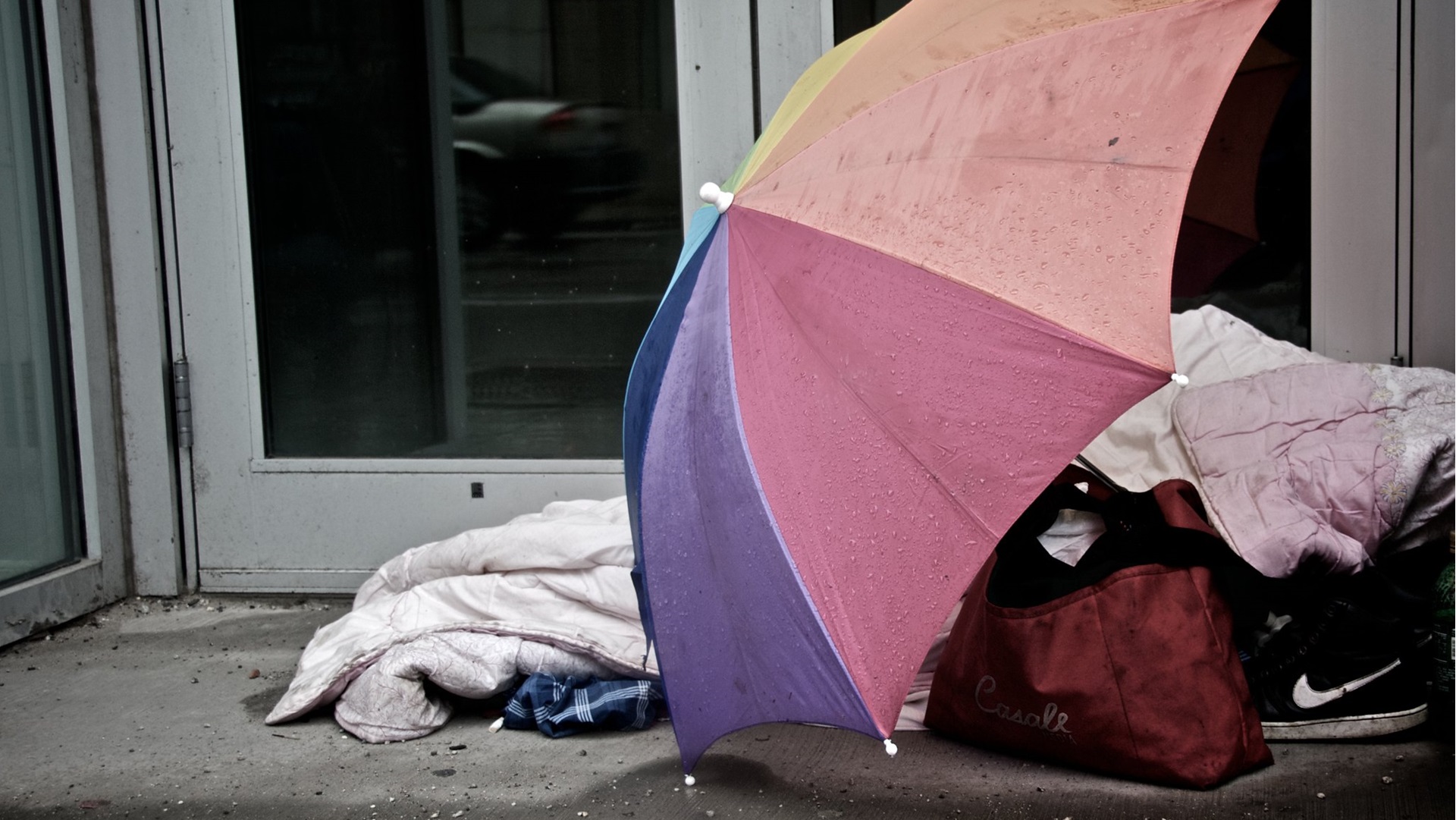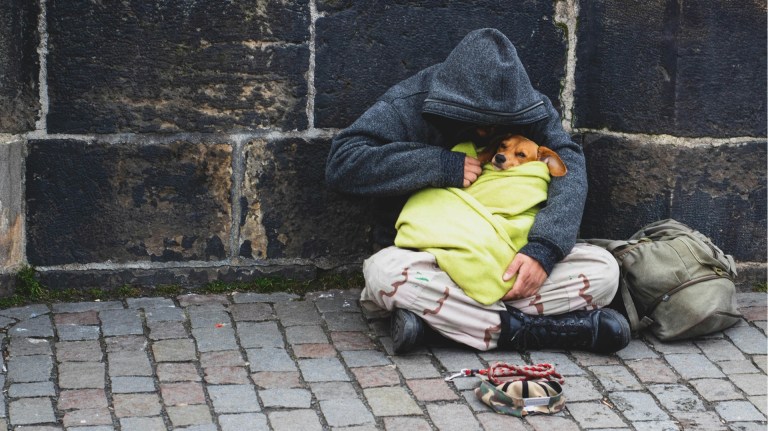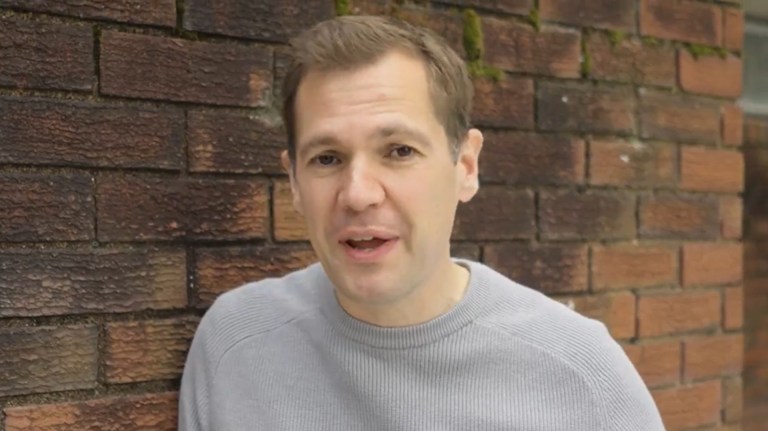That was an issue for Jamal, whose story is detailed in the report. He has been living in the UK for 17 years, arriving to seek asylum from persecution abroad. Jamal said: “You are not able to work. You cannot work. You cannot support your family. You cannot support your kids… it turned [my] relationship upside down.
One of the authors of the report, professor Beth Watts-Cobbe, from the Institute for Social Policy, Housing, Equalities Research (I-SPHERE) at Heriot-Watt University, said the research shows a need to end hostile environment policies.
“The levels of need, deprivation, disadvantage, and trauma experienced by those with no recourse to public funds or restricted eligibility amounts to a humanitarian crisis among a group often hidden from public view. Many of those affected have been in the UK for years, if not decades, contributing to our communities but left without access to basic support,” said professor Watts-Cobbe.
“This report shows this to be a highly diverse group of people, including those who came to Scotland to seek sanctuary, European nationals who still face challenges as the UK transitions out of Europe and those who arrived to study or with their partner.
“It is time to stop passing the buck. Radical and urgent reforms are needed that prioritise people’s ability to access the essentials and live a dignified life. The new UK government must commit to ending the unnecessary hardship that is being caused by current immigration policy and urgently change course.
“We also seek commitment from Westminster to support the Scottish government and other devolved nations in their efforts to ensure that everyone has access to basic essentials whatever an individual’s immigration status.”
Advertising helps fund Big Issue’s mission to end poverty
The people interviewed for the report came from different backgrounds, but most had been in the country for years or even decades.They included people who arrived seeking asylum and are now subject to NRPF, who had exhausted their right to appeal or who had arrived on spousal or student visas.
Some were European Economic Area nationals who can’t access mainstreaming housing support and welfare benefits following Brexit, despite living and working in the UK for many years.
The report found hostile environment policies and enormously complex immigration law push costs onto public services, charitable organisations and communities.
The organisations in the FWS partnership provided casework support to 1,229 people across Aberdeen, Edinburgh and Glasgow in 2023-24, an increase of 65% on the number supported (744) in the first year of its operation.
The report said the rising caseload echoes wider evidence of increases in migrant destitution across the UK and called for an end to hostile environment policies driving it.
Deborah Hay, senior policy advisor (Scotland) at the Joseph Rowntree Foundation, who funded the report, said: “Scaling up Fair Way Scotland is now critical given the growing demand for help, but mitigation programmes like this shouldn’t be necessary.
Advertising helps fund Big Issue’s mission to end poverty
“The integrated offer of casework support, legal advice, accommodation, and cash support provided by Fair Way Scotland partners is transformative, even lifesaving, for those who are able to benefit from it. However, demand far outstrips availability.
“Public services and charities, stepping in to address appalling state neglect, are also bearing the preventable and costly brunt of those policies, and must be fully supported.
Scottish equalities minister Kaukab Stewart said ministers will “continue to raise the impact” that the no recourse to public funds policy has with the UK government.
Stewart added: “Nobody should be pushed into destitution. People who are subject to this policy are members of our communities and we should be able to support them at times of crisis.”
The Labour government has pledged to bring down net migration by reducing the reliance on overseas workers, taking action against smuggling gangs, clearing the asylum backlog, and accelerating the removal of people without legal status in the UK. Starmer also scrapped the Tories’ Rwanda scheme.
But the government has yet to indicate any change in the no recourse to public funds policy.
Advertising helps fund Big Issue’s mission to end poverty
Do you have a story to tell or opinions to share about this? Get in touch and tell us more. Big Issue exists to give homeless and marginalised people the opportunity to earn an income. To support our work buy a copy of the magazine or get the app from the App Store or Google Play.










